Throughout history, plants have been regarded not only as sources of food, beauty, and oxygen but also as symbols of fortune, prosperity, and spiritual well-being. Many cultures—from ancient Chinese traditions to Indian Vastu Shastra and Western feng shui practices—believe that certain plants can attract wealth, good luck, and positive energy into homes and workplaces. Whether you are a firm believer in symbolism or simply wish to add charm and freshness to your surroundings, these lucky plants can uplift both your environment and mood.
In this article, we will explore five plants that are widely believed to bring wealth and good luck, their cultural significance, scientific benefits, and practical tips for growing them successfully at home.
1. Money Plant (Pothos or Jade Plant)

Symbolism and Belief
The money plant is perhaps the most well-known symbol of wealth and prosperity. In feng shui, it is believed to attract financial growth and good luck when placed in the southeast corner of a home or office, as this area is linked to wealth. In India, money plants are also considered auspicious and are often grown indoors in water-filled bottles or soil pots.
The jade plant (Crassula ovata), a succulent often referred to as a “money tree,” is believed to invite financial stability and long-term prosperity. Its round, coin-shaped leaves represent wealth and growth.
Benefits
- Improves indoor air quality by absorbing harmful pollutants.
- Easy to maintain with minimal care.
- Acts as a natural stress reliever and aesthetic enhancer.
Growing Tips
- Place in bright but indirect sunlight.
- Water once the soil dries out completely; avoid overwatering.
- Grow in well-draining soil, preferably with a mix of sand and perlite.
Placing a healthy money plant near the entrance of your home or office is thought to welcome wealth and positive energy.
2. Lucky Bamboo (Dracaena sanderiana)
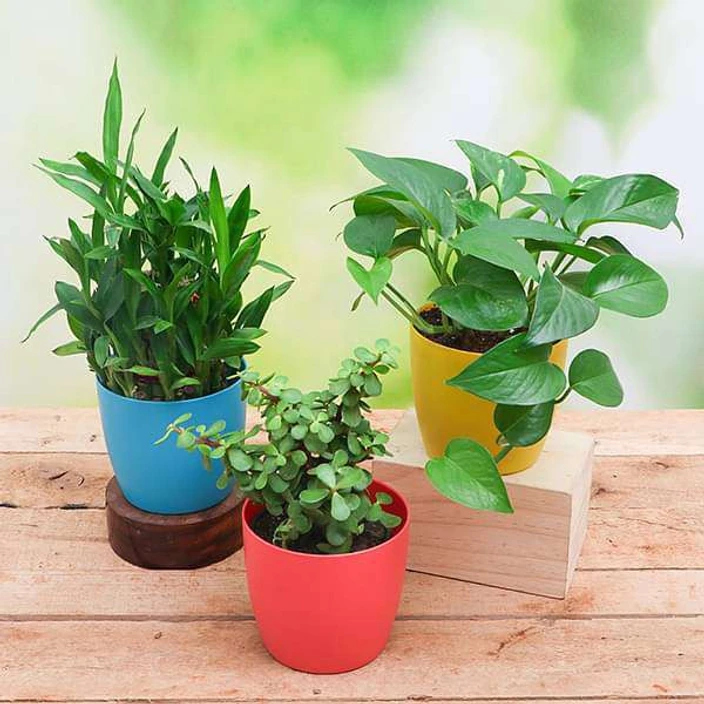
Symbolism and Belief
Lucky bamboo has been a cornerstone of feng shui practices for centuries. Despite its name, it isn’t technically bamboo but a tropical water plant. According to feng shui, the number of stalks carries specific meanings:
- Two stalks: Love and harmony.
- Three stalks: Happiness and wealth.
- Five stalks: Health.
- Eight stalks: Growth and abundance.
- Nine stalks: Good fortune.
This plant is often gifted to friends, family, or business partners as a symbol of prosperity and good luck.
Benefits
- Known for being low-maintenance and adaptable.
- Enhances indoor decor with its elegant and minimalist look.
- Improves the flow of positive chi (energy) in a room.
Growing Tips
- Can be grown in water-filled containers with pebbles or in soil.
- Change water every two weeks to prevent stagnation.
- Keep in indirect sunlight, as direct exposure can burn the leaves.
Placing lucky bamboo in the east (health) or southeast (wealth) direction of your home is said to maximize its benefits.
3. Tulsi (Holy Basil)
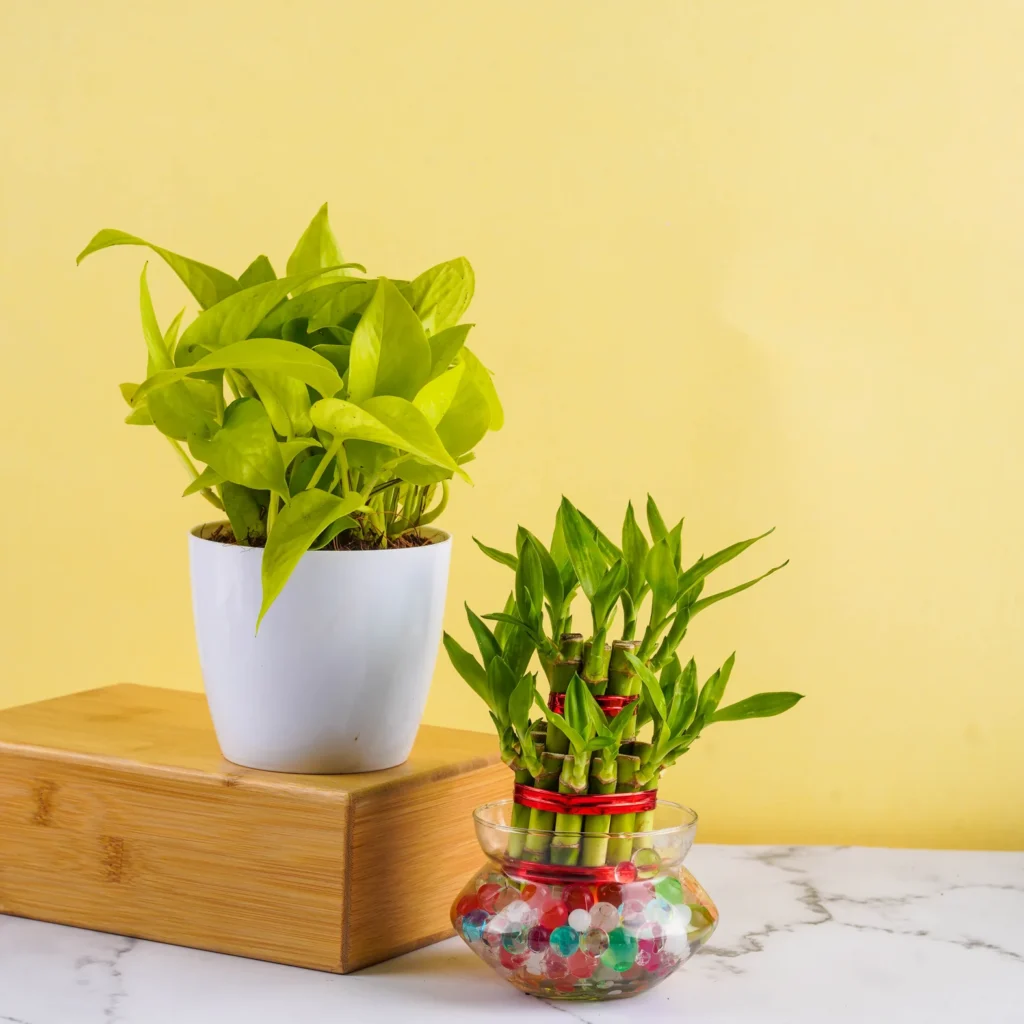
Symbolism and Belief
In Indian households, tulsi (Ocimum sanctum) is not just a plant but a sacred symbol of purity, protection, and prosperity. It is often grown in courtyards and worshipped daily. Tulsi is believed to remove negative energy, attract good fortune, and promote spiritual growth.
According to Vastu Shastra, planting tulsi in the northeast direction of the house ensures prosperity, health, and harmony. It is also linked to wealth by ensuring peace of mind and reducing stress, which contributes to overall well-being and productivity.
Benefits
- Known for its medicinal properties, used in Ayurveda to treat coughs, colds, and respiratory issues.
- Natural mosquito repellent.
- Improves indoor air quality and increases oxygen levels.
Growing Tips
- Requires direct sunlight for 4–6 hours daily.
- Water moderately, ensuring soil is neither too dry nor waterlogged.
- Prune regularly to promote bushy growth.
Tulsi’s spiritual and health benefits make it a holistic plant that brings not just wealth but overall prosperity and happiness.
4. Citrus Trees (Lemon, Orange, or Lime)
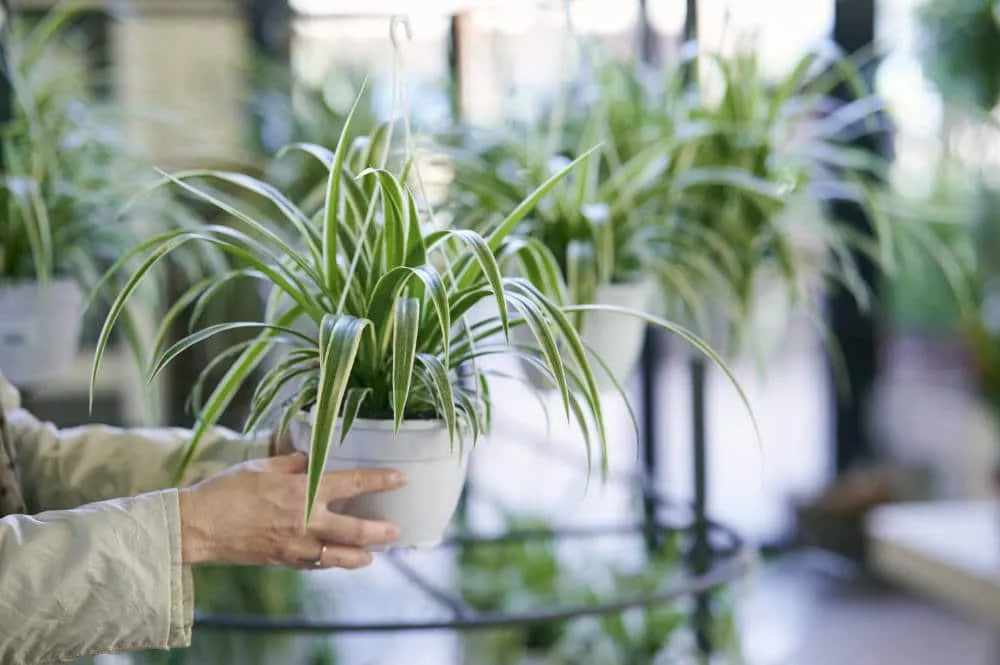
Symbolism and Belief
Citrus trees, especially lemon and orange plants, are powerful symbols of wealth, abundance, and happiness in many Asian cultures. In feng shui, their round fruits symbolize coins and prosperity. During Chinese New Year, citrus plants are gifted as symbols of good fortune and success in business.
Having citrus plants at home or in a garden is said to attract abundance and financial opportunities.
Benefits
- Provides fresh, organic fruits rich in vitamin C and antioxidants.
- Their fragrance uplifts mood and creates a refreshing environment.
- Adds vibrant greenery and beauty to indoor or outdoor gardens.
Growing Tips
- Citrus trees thrive in sunny locations with at least 6–8 hours of light daily.
- Use well-draining soil and water regularly, keeping the soil moist but not soggy.
- Container citrus plants should be fertilized every 4–6 weeks during the growing season.
Even a small citrus plant in a pot on your balcony or kitchen window can become a beacon of health, joy, and prosperity.
5. Peace Lily (Spathiphyllum)
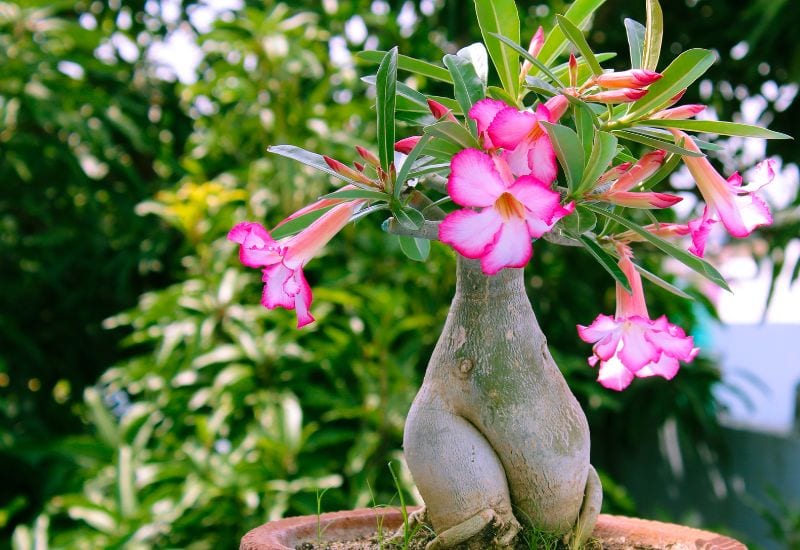
Symbolism and Belief
The peace lily is associated with peace, harmony, and spiritual balance. In feng shui, it is believed to purify energy and remove conflicts within the household, paving the way for happiness and prosperity. Its beautiful white blooms represent purity and renewal, making it a popular plant for homes and offices.
Benefits
- One of NASA’s top-rated plants for air purification.
- Absorbs harmful toxins like formaldehyde, benzene, and carbon monoxide.
- Creates a calming and positive indoor atmosphere.
Growing Tips
- Thrives in low to medium light, making it suitable for indoor spaces.
- Keep soil consistently moist but not waterlogged.
- Mist leaves occasionally to maintain humidity.
Placing a peace lily in the living room or workplace is believed to reduce stress, attract good fortune, and foster harmony in relationships.
Conclusion
Bringing wealth and good luck into your life doesn’t just depend on hard work and strategy—it also involves creating a space that radiates positivity, balance, and growth. Plants like money plant, lucky bamboo, tulsi, citrus trees, and peace lily do more than just beautify your surroundings; they carry deep cultural meanings and are believed to influence prosperity and happiness.
Moreover, each of these plants offers practical benefits—from purifying indoor air to providing fresh fruits and medicinal properties—making them a wise addition to any home. Whether you follow feng shui, Vastu, or simply enjoy greenery, incorporating these lucky plants can help create a harmonious environment that nurtures both your spirit and fortune.
So, the next time you’re choosing plants for your home, remember: you might not just be planting greenery—you could be planting the seeds of prosperity, happiness, and good luck.
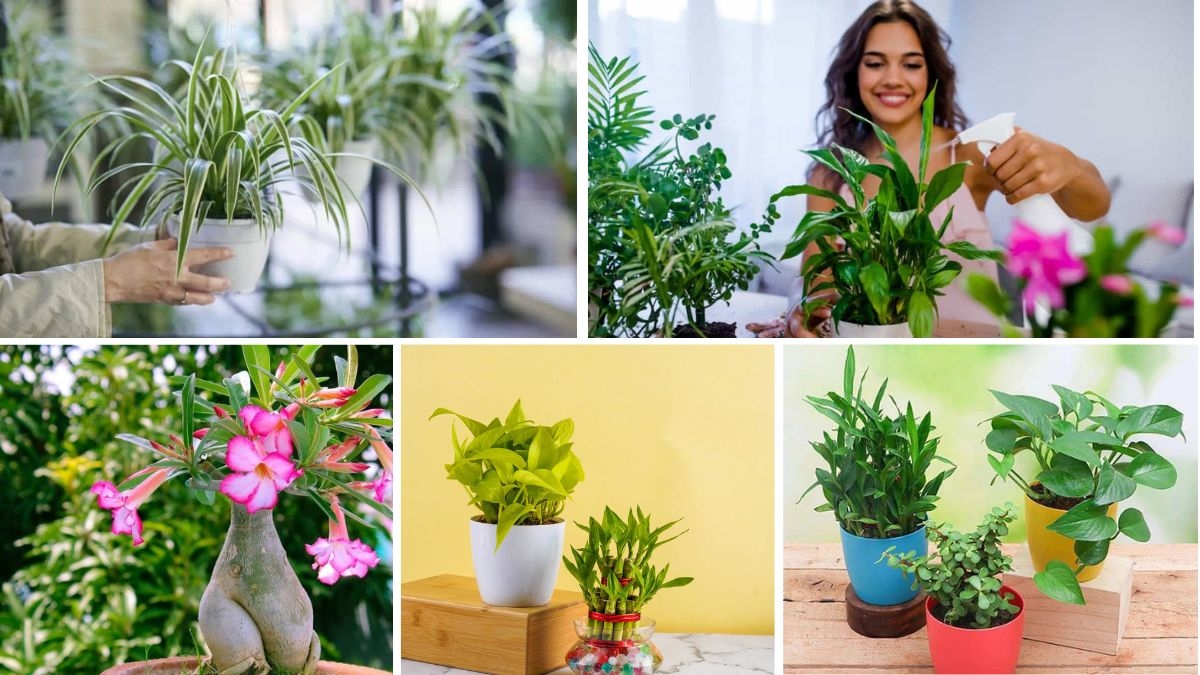



Leave A Comment